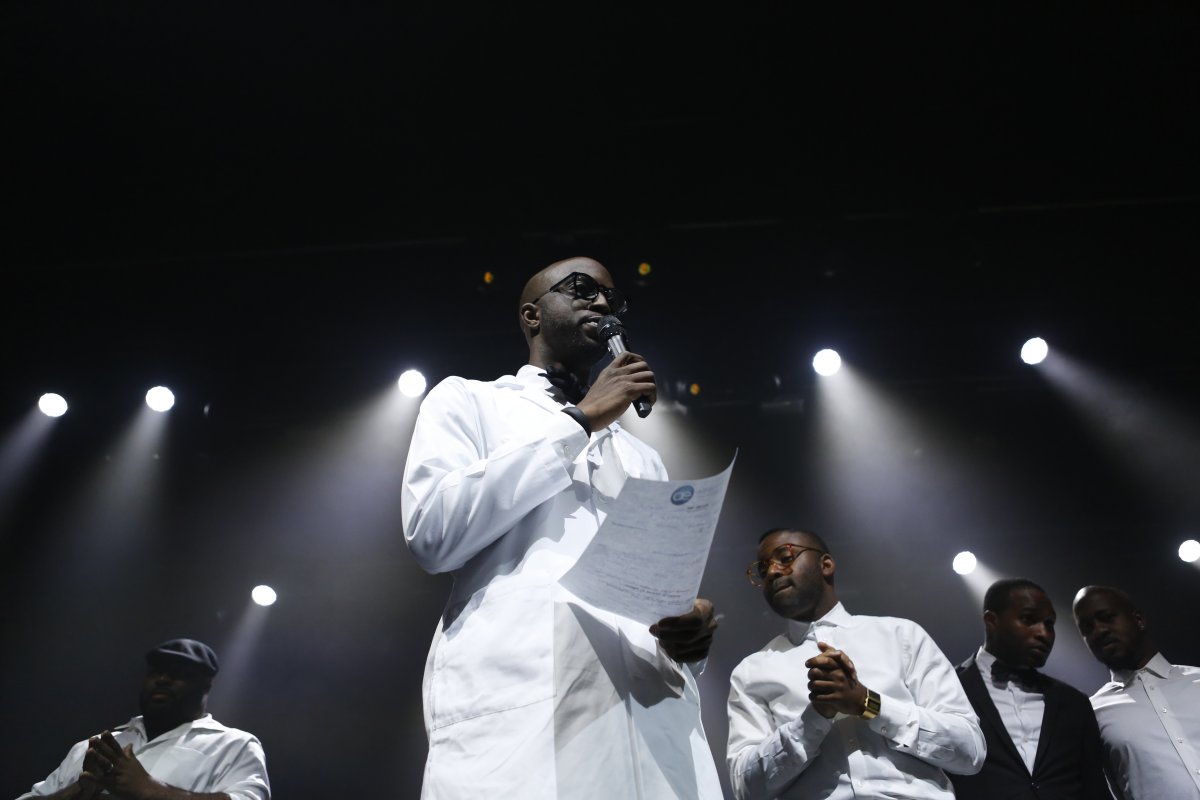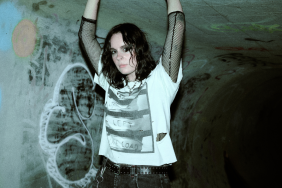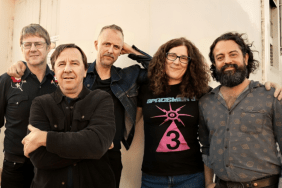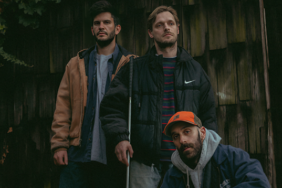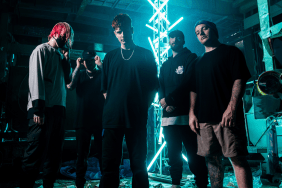Before Lorde, there was another pure heroine from New Zealand – Kimbra Johnson. The singer-songwriter may be best known for that ubiquitous mega-duet with Gotye, Somebody That I Used To Know, which scored two Grammys including the prestigious Record of the Year, but she’s weaving her own mythology.
Her second album, The Golden Echo, which follows 2011’s break-out Vows, revels in pop maximalism. Kimbra smashes out of electro-pop, straying into R&B, soul, funk, psychedelia and indie-rock. She’s aptly dubbed this wonky hybrid “prog-pop”. Even the artwork is opulently surrealist.
Kimbra, big on collabs, is joined on The Golden Echo by such disparate guests as neo-soulster John Legend, renowned bassist Thundercat (Flying Lotus, Suicidal Tendencies), and rocker Omar Rodríguez-López of The Mars Volta/At The Drive-In fame, with Silverchair‘s Daniel Johns her co-writer and veteran US producer Rich Costey sitting in. Yet it’s still very much Kimbra’s show.
Kimbra, who grew up in a medical family in Hamilton, NZ, started playing guitar and performing as a child. Rumour has it three years ago she fretted needlessly that no-one would come to her inaugural headlining show at Melbourne’s Corner Hotel. Everything changed as Somebody… went viral. A Vows repackage was issued internationally in 2012, shooting into the US Top 20.
Last year, Kimbra decided to settle in Los Angeles’ hipster enclave, Silver Lake – the next stop in her stellar trajectory.
Watch: Kimbra- 90s Music
Music Feeds: You’re living in LA now. How are you enjoying the Californian experience? Is that where you’re calling from?
Kimbra: It is where I’m calling from. Yeah, this is where I’ve been for about a year-and-a-half now. It’s where the record was born and where I produced it and kinda pulled it into fruition.
Naturally, whenever you place yourself in a new environment, a new context, you’re gonna be exposed to new sounds and new perspectives – even just spending time with different musicians. Over here I became friends with people like Thundercat and Flying Lotus and the guys from Queens Of The Stone Age – one of them [Michael Schuman] contributes on this album.
There’s just so many incredible people here who are open to working. I was lucky to have the opportunity to reach out to these people. It’s been an awesome place to knuckle down as well. You can really choose the pace that you wanna move at here.
I found a really serene and peaceful oasis to work out of, which was a little sheep farm that I found. I did a lot of the writing there and then I ended up working in Eldorado Studios in Burbank and just found my element, I guess. I was very comfortable producing and doing the technical elements in the studio and just found myself growing a tonne by being in a more challenging environment.
MF: The first single from The Golden Echo is 90s Music, which isn’t typical. A while back you were considering a more stripped-down approach but this album is diverse, and expansive. What did you learn from making Vows that you applied to this record?
K: I feel like on Vows I dipped my hand in a whole bunch of ideas and on this record I feel like I kinda committed to some of them a little more. I wasn’t so impatient to sort of reveal all my skills in one song, but rather let a song be one idea.
Well, that’s not really true because at the same time a song like 90s Music kind of rushes through a lot of ideas at once. One of the strong themes that I touched on in Vows and really committed to on this record was the idea of juxtaposition – you know, the bittersweet. So you have something that on the one hand is quite abrasive and severe and maybe like kind of aggressive or unsettling in some way, and then something on the other hand that’s very much graceful and playful and dreamy.
I wanted to experiment with, “How many twists and turns can we take to keep the listener engaged?”, but kind of just feed these ideas and embrace the spirit of experimentation, which is pretty strong on a song like 90s Music, but I think it’s still there throughout the other songs as well.
It’s not super similar to a lot of the other tracks on the record but, in saying that, I don’t feel there’s one that really sums the whole album up at all. It feels like every song is its own story, and I’m a big advocate of the album being a medium that exists to be consumed as a whole and not to be taken apart. Obviously a single plays a part, but I think that this record very much is an experience that you’re meant to have as a whole piece and body of work.
MF: It is very surprising that Daniel Johns contributed to this record as a co-writer.
K: He’s on four songs, I think. He became a huge inspiration to me throughout the making of the record. I met him through [legendary American composer and arranger] Van Dyke Parks when we did the show in Adelaide together.
We were doing songs off Diorama, I was doing backing vocals for that, and we were doing songs from Van Dyke’s repertoire. We hit it off and so we thought we’d get in the studio together. And that’s when we wrote Teen Heat, which is the first song off the album. We did a song called As You Are with Van Dyke later, he put some strings on.
It was so incredibly natural writing with him [Johns]. He brought something out of me that I hadn’t maybe explored as much before. I brought him back over to LA where I was and we continued to write over here. There’s, like, another 10 songs that nobody’s heard that we’ve done together (laughs). But it’s a trip, man. I used to listen to Silverchair and I was an angsty teen and jumping up and down in my bedroom to Frogstomp, and then Diorama was a life-changing album for me. So just to get to have him and his colour throughout the record was quite an amazing thing.
Watch: An Evening With Van Dyke Parks: Featuring Daniel Johns and Kimbra
MF: You’re a closet hard rock and metal fan. Was that the appeal of working with Rich Costey, as he’s worked extensively with bands like Muse?
K: Yeah, I think it was. I mean, again, juxtaposition and the idea of taking one idea and throwing it against something else and trying to find a way to have those things co-exist and actually tread new ground in some way – that’s another theme for the production aesthetic.
This record is quite inspired by R&B and future funk and soul, but it’s not interesting to me to go and work with a producer who’s just done a whole bunch of those kinds of records. That could have been an avenue that I took. But I really enjoy the work of Rich Costey because of how panoramic it all sounds. He’s mixed The Mars Volta and Rage Against The Machine, but also Major Lazer and things [and] produced for my favourite bands like Mew and Interpol and stuff… That was really exciting.
I think that’s a reason why this record doesn’t have a distinct sound to it, because of those decisions I made in terms of who I co-produced with. And, yeah, totally, the records I became enamoured with in my high school years were definitely on the heavier side and more aggressive, and it’s something I wanted just to channel in the music this time around as well – not so much try to make a metal record, it’s more the approach of trying to find a toughness in the backbone of the arrangements.
MF: Muse’s Matt Bellamy is one of the album’s many guest musicians, playing guitar on 90s Music, which was again unexpected. Did you get to meet him?
K: Yeah, definitely. It was super random how that happened. A lot of the ‘collaborations’ as such have been more like just friends who were really into the music and wanted to jump on. That’s a cool way for things to happen! I don’t really like the idea of dictating, like, “I want this person to come and play and you’re going to play this part.”
It’s way more exciting to me if people who you’re naturally spending time with anyway then show an interest in the music and you get them down to the studio and get them to kind of be a colour. A lot of the people on the record, it’s not like they’re a big ‘feature’ – like, “This is ‘featuring’ this person” – it’s more about they kinda became roles in the film of The Golden Echo. I liked that thought of this being like this cinematic experience and these different people came on board to just give a little taste of their world on top of it.
It’s not super obvious all the time. With Matt Bellamy, we sent that song to him and Rich said, “Hey, if you’ve got any ideas, just lay them down.” Literally the next day he sent across a guitar part and then came down to the studio and said hey and was just super pumped on this song. I think that’s a really nice natural way for things to happen.
MF: You’ve also teamed with John Legend. You were previously involved in his single Made To Love off the Kanye West-helmed Love In The Future, and now you’ve worked together on Nobody But You, which apparently he almost released himself. What can you tell us about that?
K: We just did this session together in LA. Actually, we met on Twitter. I can’t remember how it even happened! I think he might have reached out to me… He said that he was a fan of the music. I was like, “Wow, it’d be great to get together,” and we did.
But, when we were writing, it wasn’t necessarily with an intention to write for someone’s album. It was like, “Let’s just make some music.” Then the song that came out of that, he was originally singing it and we got it all done for his album, he sent it to me, I was rapt. Like, “That’s awesome.” I think I sang some backing vocals on it. But, for one reason or another, it didn’t end up making it.
I remember going like, “Man, it’s probably too good a song to just waste. We should do something with it.” So I took the song and I re-did all the production on it — I wanted to go for a different feel on it and instrumentation — and ended up working on it for my album. It was awesome.
It was just fun to see a song kind of grow into being a part of my world, and coming from a really fun collaboration. He’s such a talented dude. To get to be in a room with him and see the way he approaches things was different for sure to the way I do things, but it was a real learning experience.
Listen: John Legend – Made To Love
MF: Your duet with Gotye, Somebody I Used To Know, was so huge and people always attach you to it. They mention Kimbra, they mention that song. Has it been difficult to define your own identity, particularly outside of Australia?
K: I don’t know. I actually don’t feel a sense of any negativity from that. I haven’t experienced that being a restriction in any way. It’s only opened doors, really. I find that I’m definitely lucky in the sense that that’s given me a platform to share a record with people here in America.
Very often a lot of people say, “I first heard you on that song and it led me to listen to Vows,” and then to listen to this or listen to that. I think it’s a good challenge for an artist to have that sense of expectation. That’s just healthy pressure. It’d be like more work – you’ve been given this big opportunity and this song that’s come out and it’s showcased you in this light.
I guess there’s a benchmark there and you’ve got to step up to it and, in a healthy way, prove yourself as an artist who has the kind of musical depth to maintain a place in the musical spectrum.
Going into making this second record, I felt that it instilled a good sense of determination in me and a good sense of ambition, because I’d had this great opportunity and now I felt, “OK, this is my time to make a statement about the kind of musician I am.” To me, that’s a positive thing, not a negative.
MF: You’ve opened the door for that other Kiwi, Lorde. Have your paths crossed at all?
K: Yeah, totally. I went to her show — she was playing at The Echo, which is a cool little venue really close to where I live in LA — and that was awesome. It might have been last year, actually. It was really great to catch up with so many friends, ’cause she has mutual friends who I go way back with.
I used to make music with her producer [Joel Little]. He was in a punk band [Goodnight Nurse] and I once sang vocals on one of his records [All For You off 2006’s Always And Never]. It was just awesome to congratulate her on everything. It’s always nice to meet other artists who’re on a similar kinda whirlwind that you’ve been on. I know that she really appreciated that as well, just to connect with someone else in a similar stage of their career. So it was nice.
MF: You’ve emerged as a fashionista fave with your vintage style. Would you ever do a fashion line? Because increasingly pop acts are venturing out with that kind of cross-branding.
K: It’s a possibility. I was very into designing at high school. I did textiles and I was making a lot of my costumes early on for stage. I would buy vintage dresses and then kinda just use safety pins and sewing machines to put them into more elaborate silhouettes and stuff, and then I’d have girls help me.
Even to this day, on the photo shoot of The Golden Echo, me and my stylist were coming up with outfits literally on the day – like we made a dress out of a fire blanket – and we just put things together in a very spontaneous way. Yeah, that is definitely something I’d be interested in.
I’d obviously just wanna make sure that it was the right time and the right brand and partner with someone who I felt could help convey the right vision. I’m really into that idea of mixing mediums and [asking], “How can I expand the music to go beyond just music and actually be an art experience as well?”
For the [launch] of this album, we’re doing an art exhibition here in LA where local artists are going to listen to the album and create a piece of artwork based off their favourite song and people will come in and put headphones on in a gallery and listen to each song at different stations and get to engage with the music within a piece of art. I think that, to me, is a sentiment of this record, about being an echo for other people’s creativity as well.
MF: It disappointed so many people when The Golden Electric Tour with Janelle Monáe was cancelled due to her ill health. Is there still talk of you rescheduling that?
K: Yeah, I mean, of course we both want to. Absolutely. It’s definitely not down to that. It’ll just be a matter of scheduling, you know? I definitely hope to resurrect that again… I just say, “I can’t make any kind of confirmations on that,” obviously because I know how busy she is as well. But I trust that the stars will align for that to happen at some point.
I know that my main incentive now is finding a way to get back to Australia as soon as possible and do a tour of these [new] songs. I’m super excited to come back. I think it’ll be even a better energy in a way because it’ll be like, “Wow, we didn’t get served this time, so we’re gonna come back, and it’ll be even more energy than before.” But I try to be an eternal optimist with these things.
MF: Are you hitting the summer festival circuit behind this album?
K: Um, look, I know the tour dates will be announced very soon for this record and I can’t… Unfortunately, I don’t know too much at this point about what exactly that is, but I’m sure next year we’ll be doing a bunch of stuff.
I’ve pretty much had the whole year locked out to kinda get into that. I guess “watch this space”, ’cause I’m sure announcements will be coming very soon!
‘The Golden Echo’ is released Friday, 15th August and is available for pre-order now.
Photos: Kimbra – Melbourne, The Forum 17/05/14
Kimbra - Melbourne, The Forum 17/05/14
-
Q2A1681
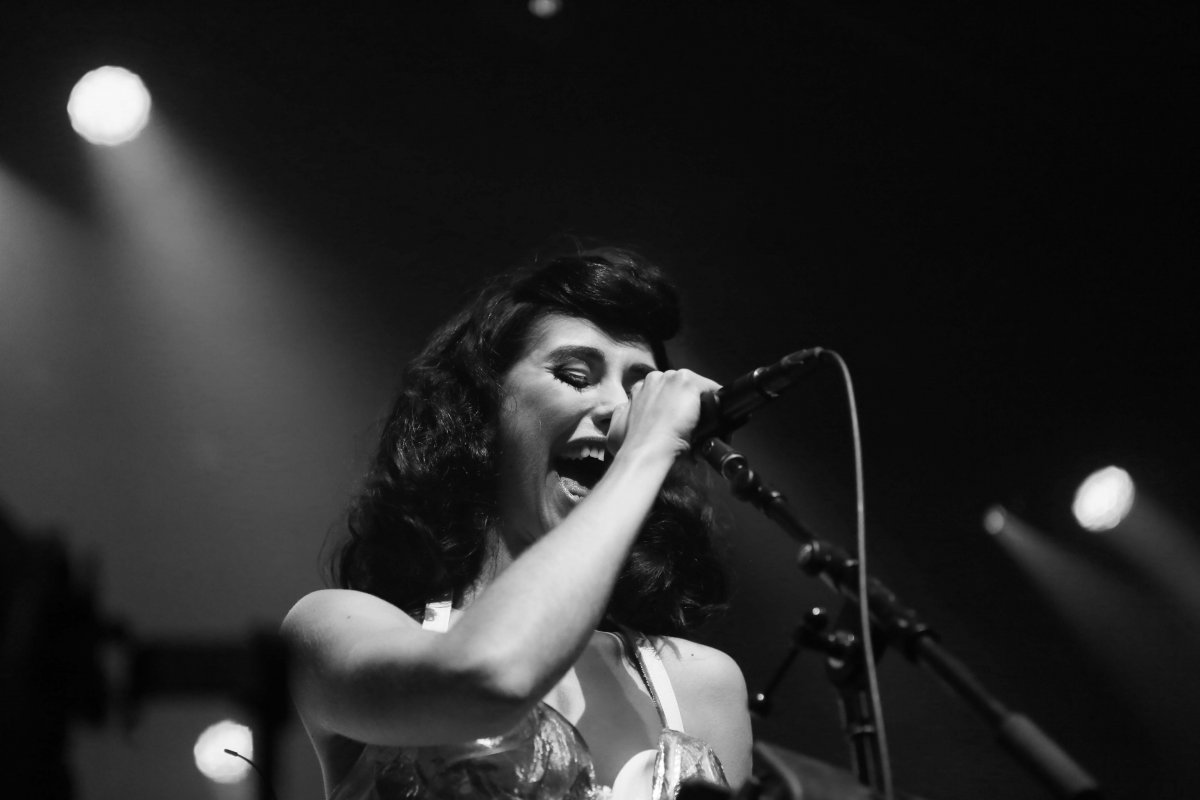
-
Q2A1687
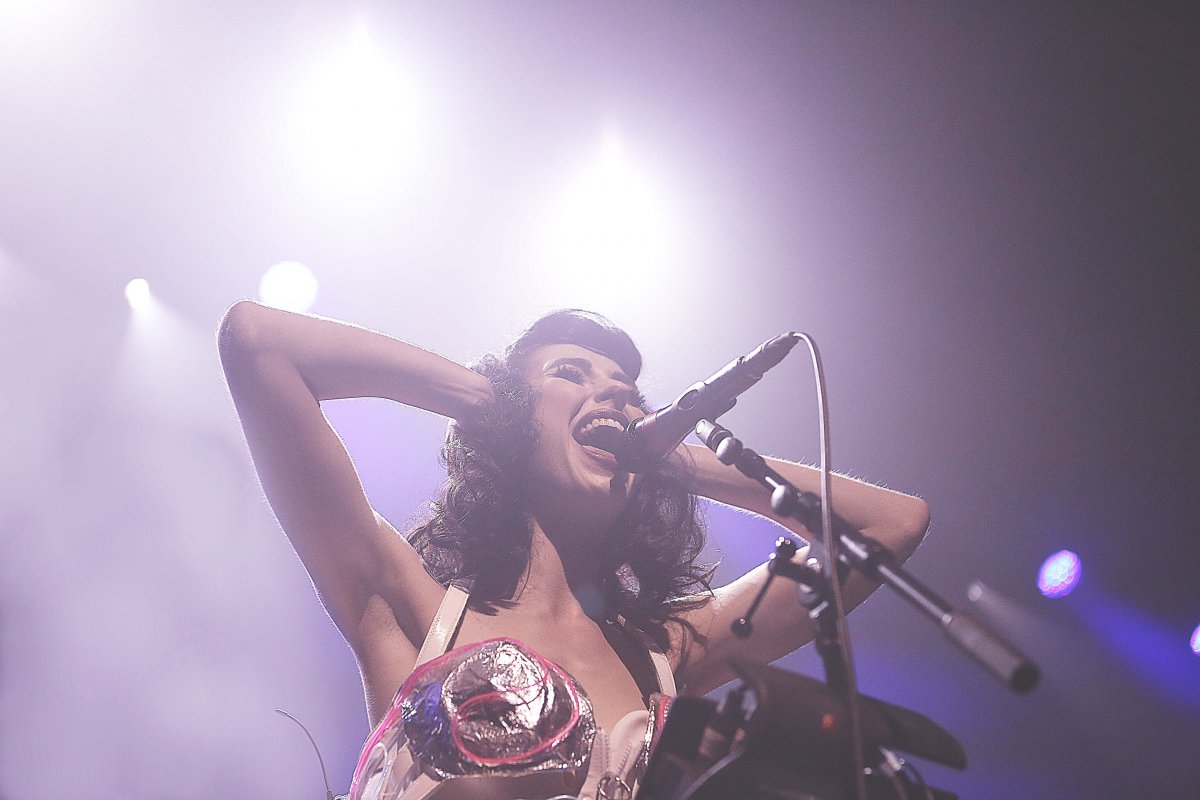
-
Q2A1697
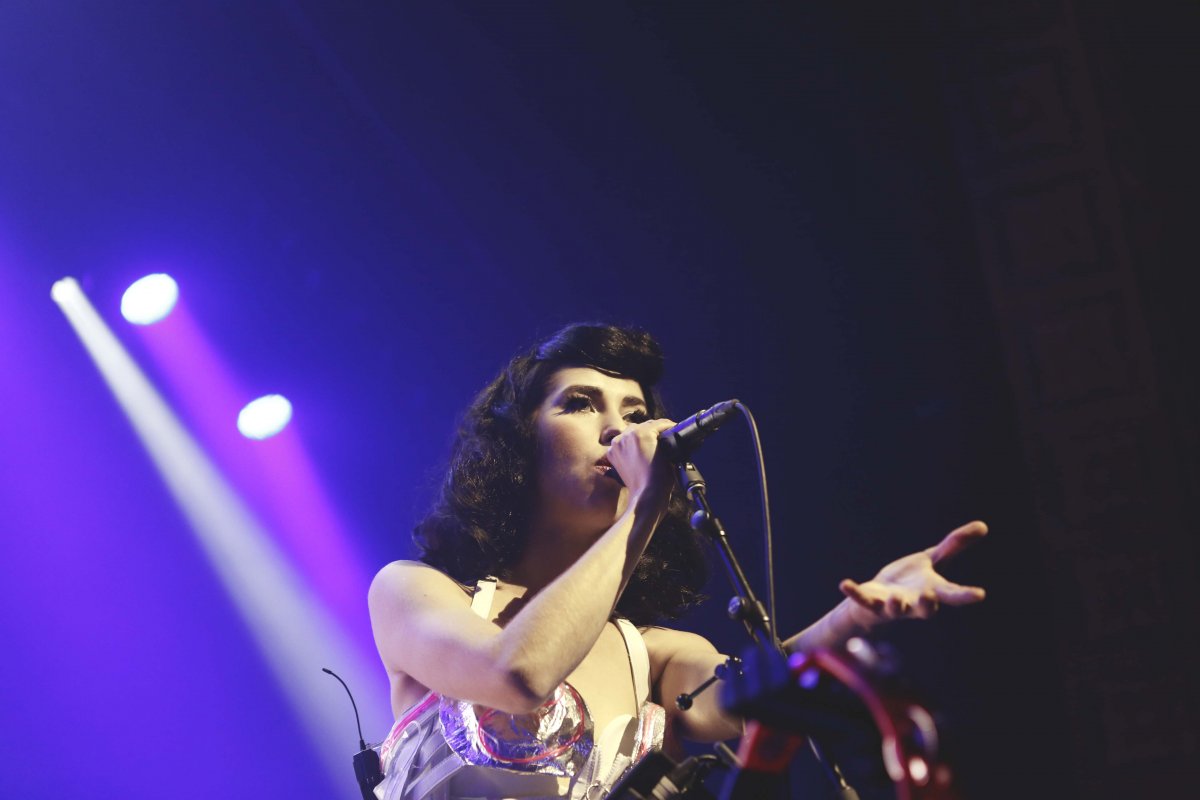
-
Q2A1702
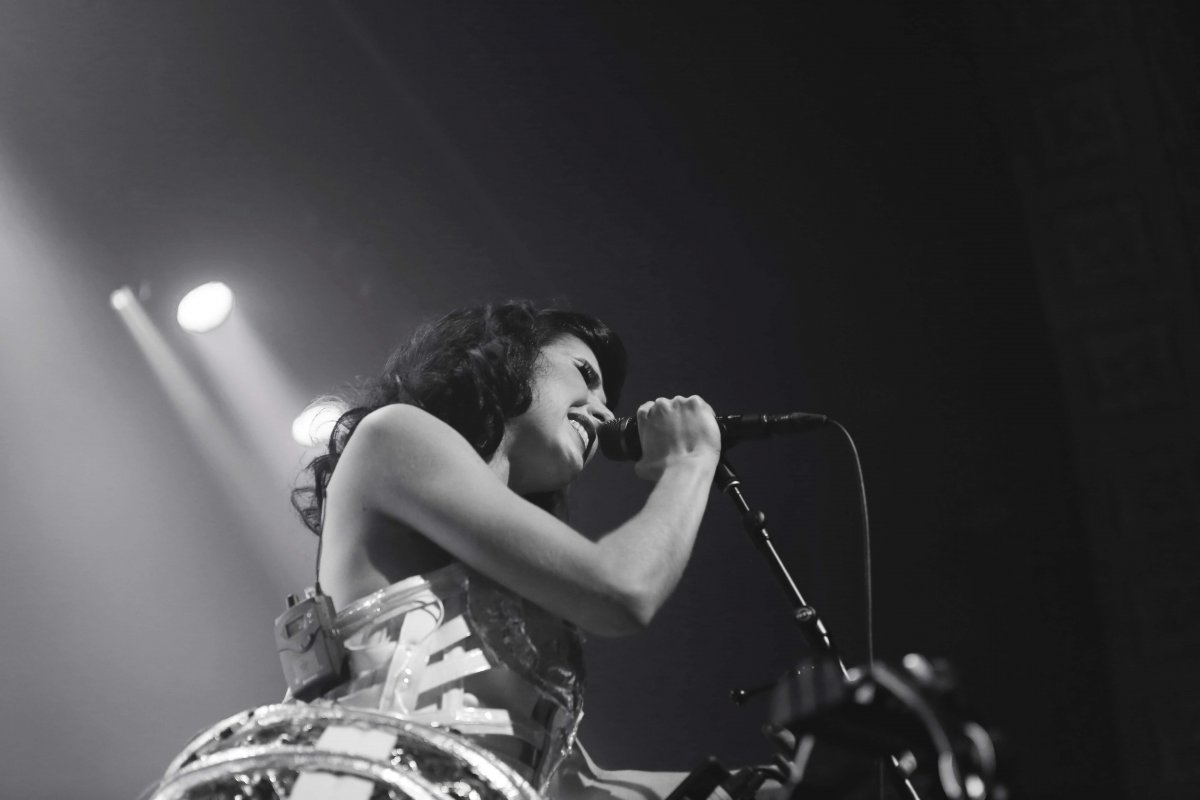
-
Q2A1709
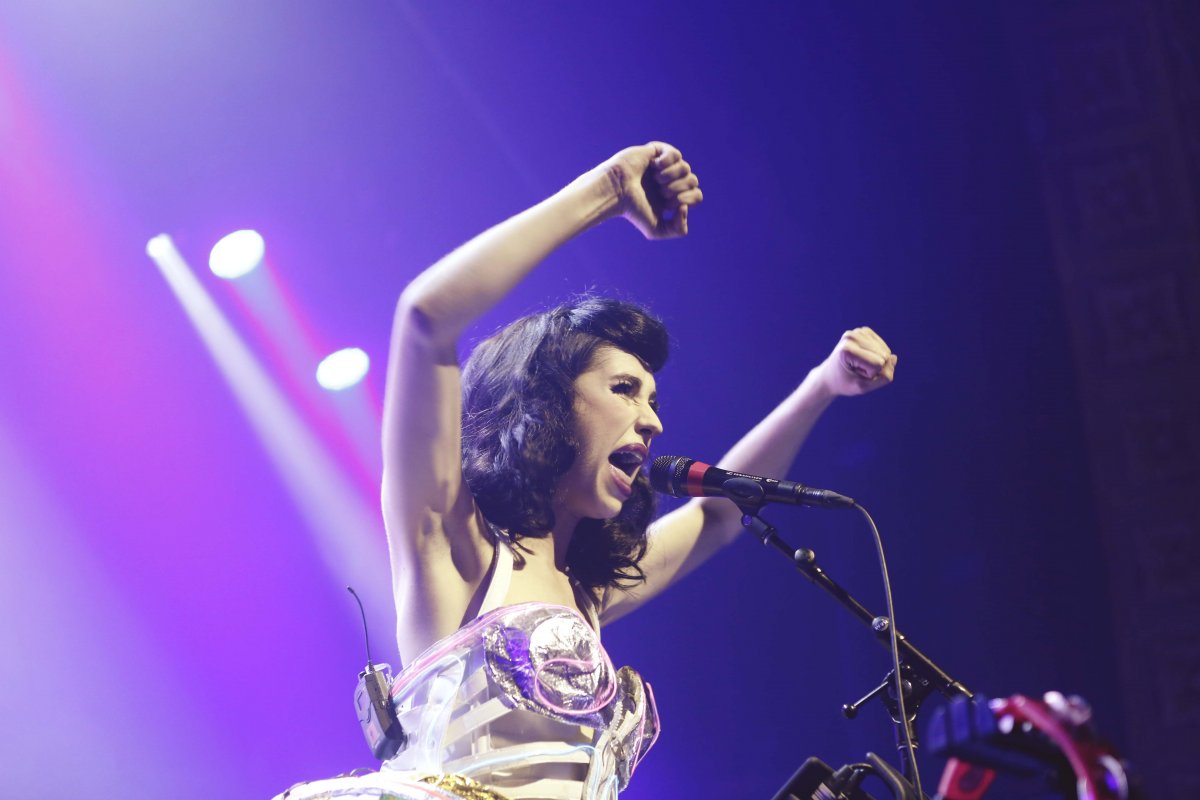
-
Q2A1769
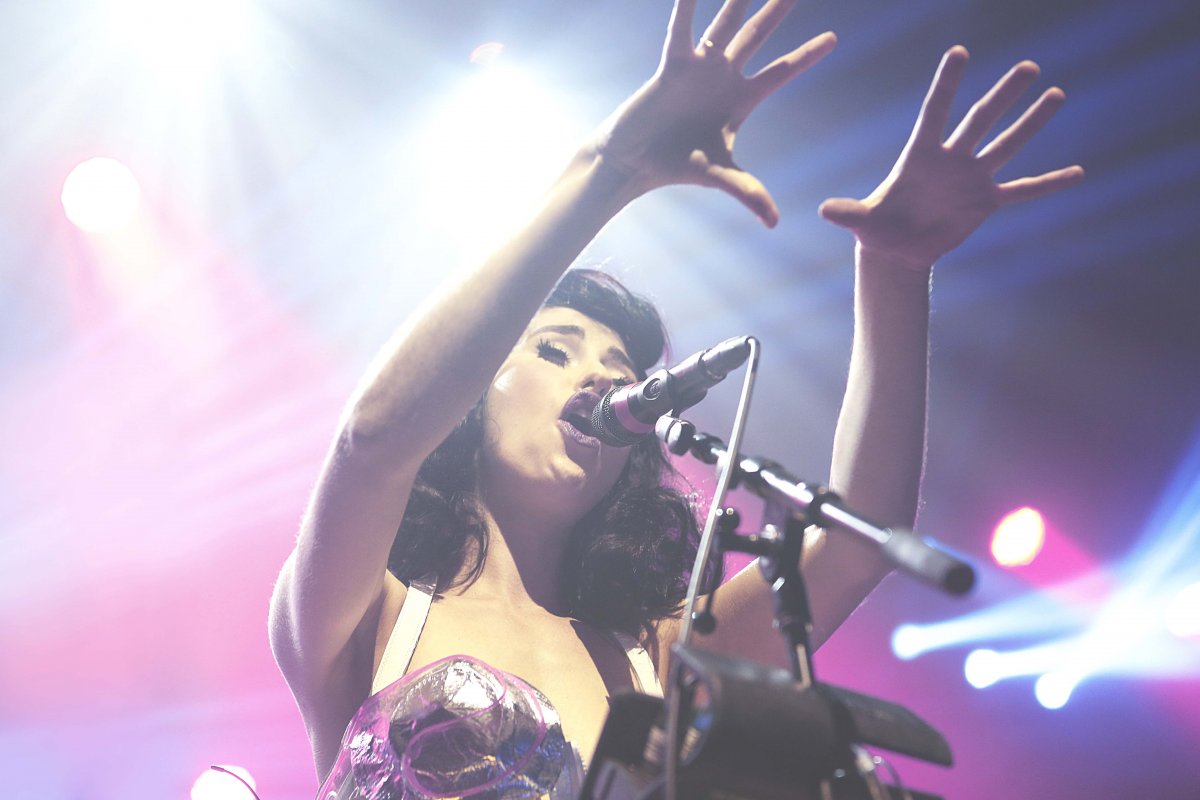
-
Q2A1771
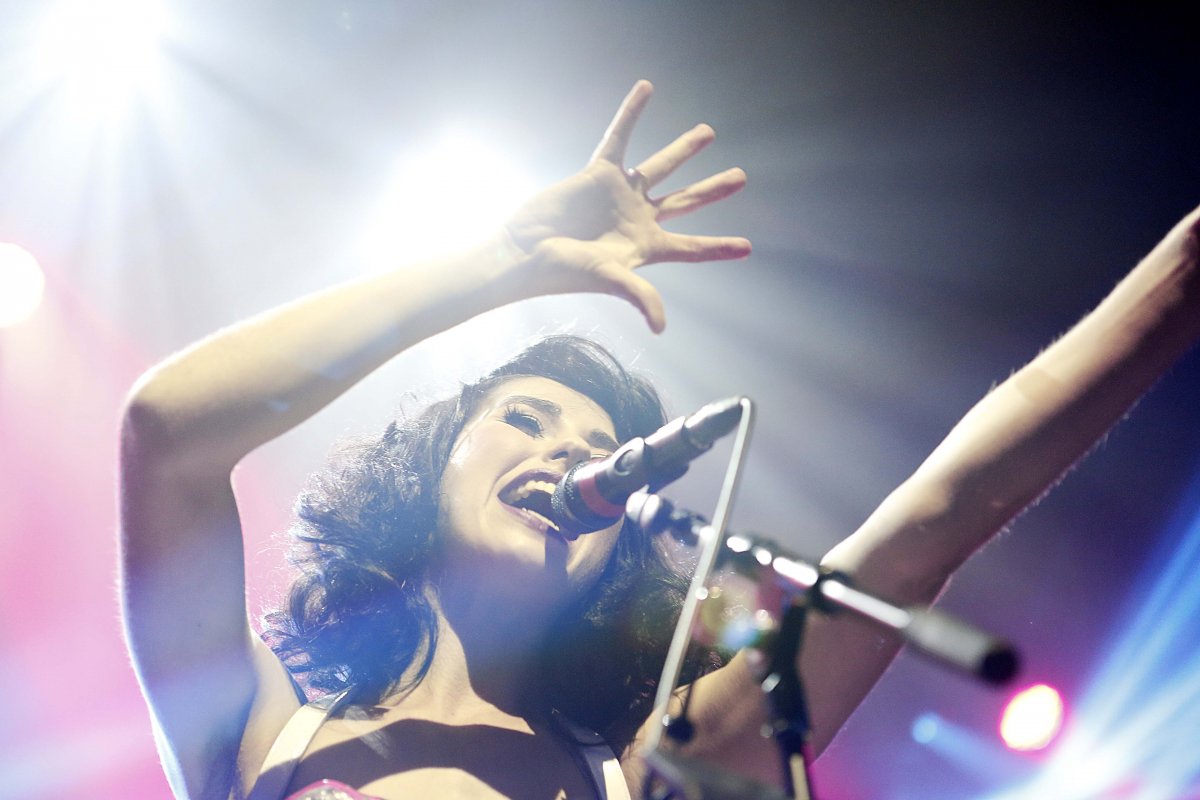
-
Q2A1773
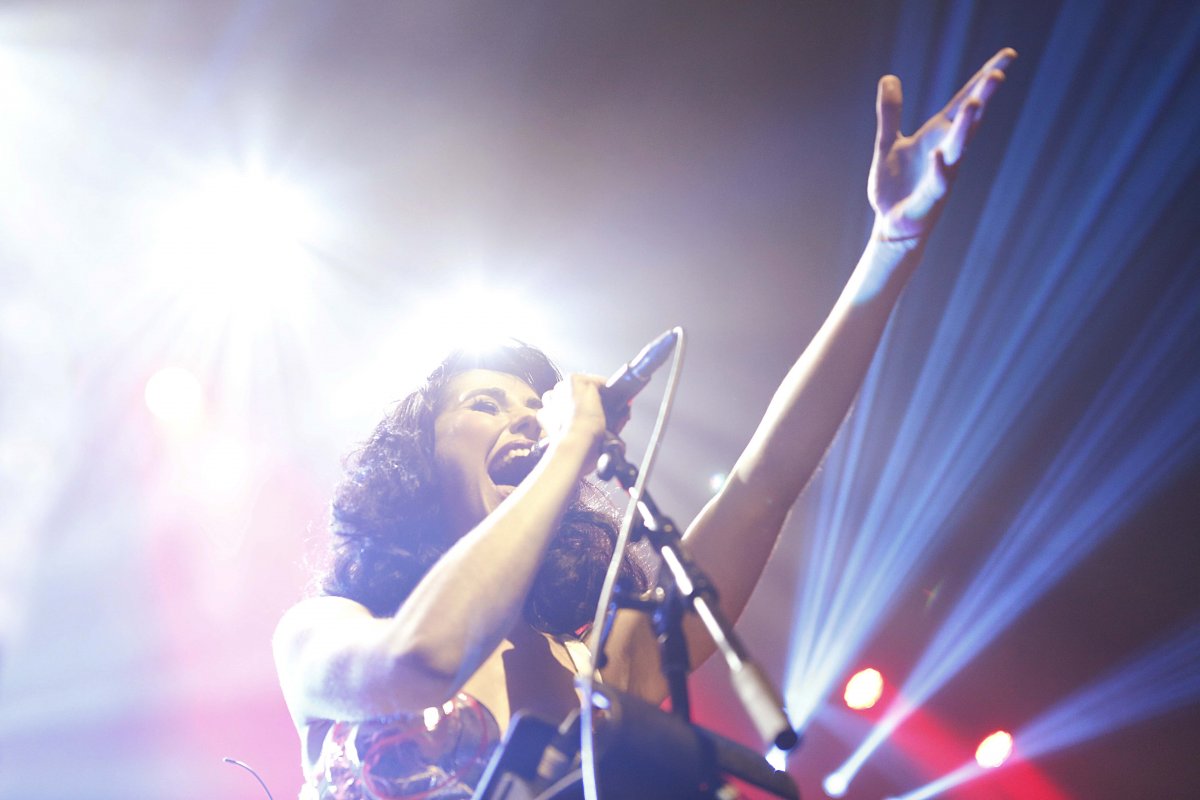
-
Q2A1784
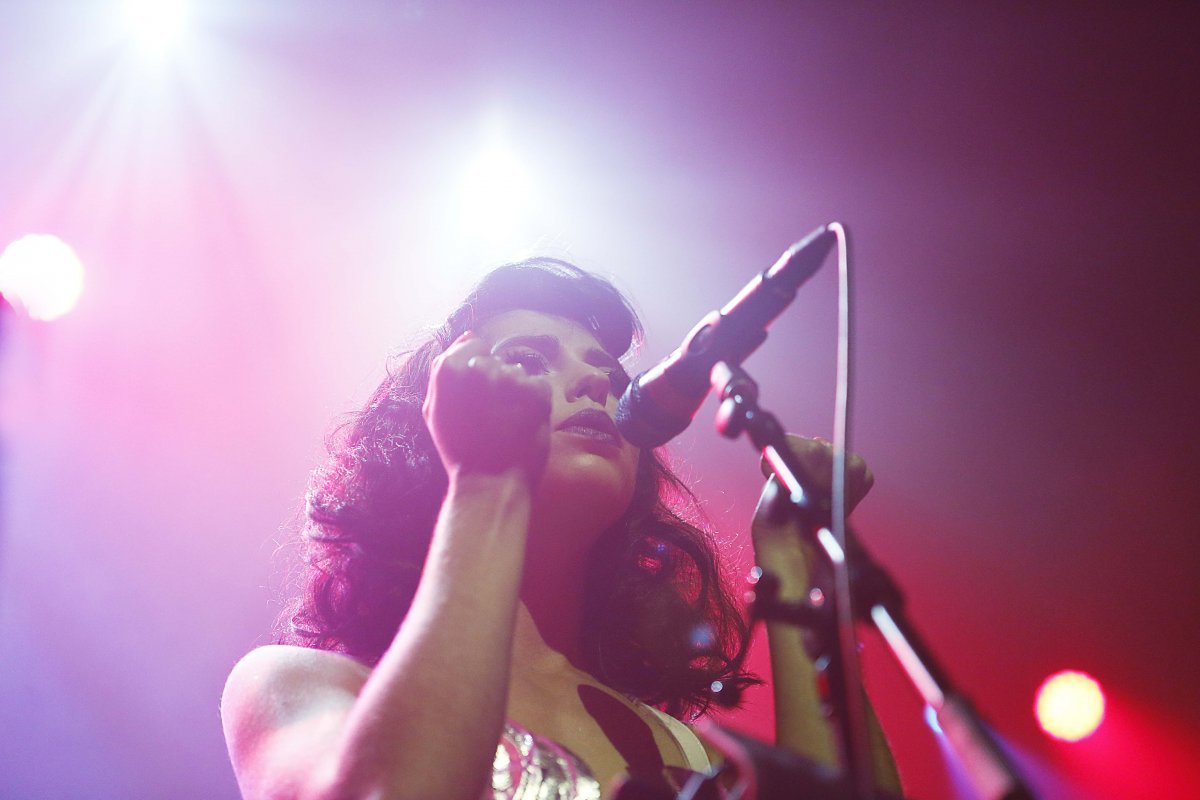
-
Q2A1792
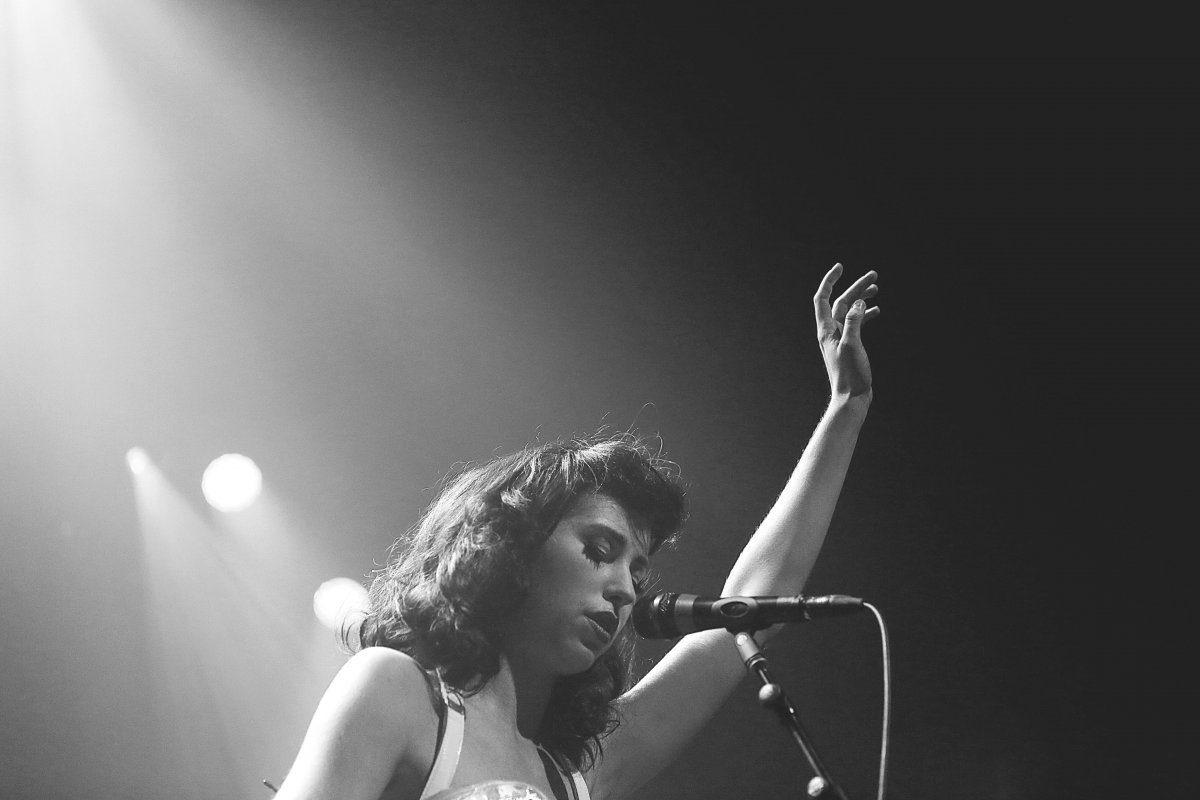
-
Q2A1795
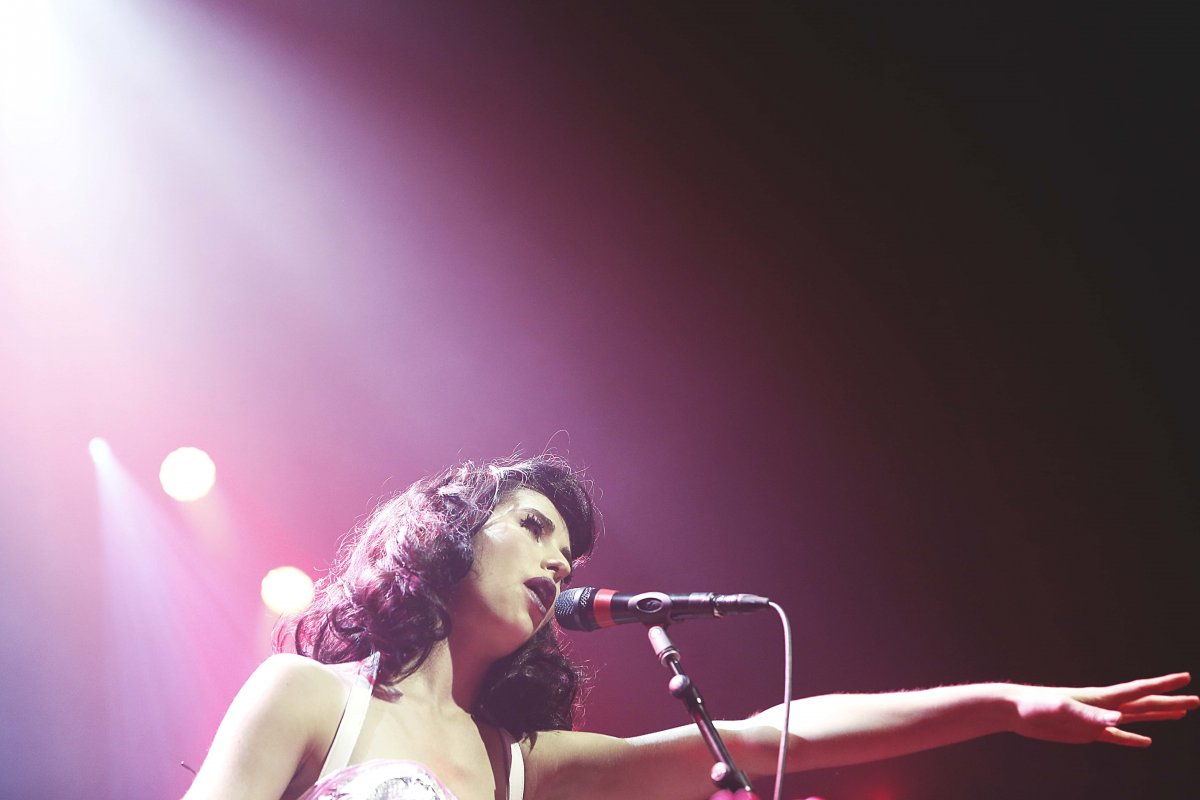
-
Q2A1815
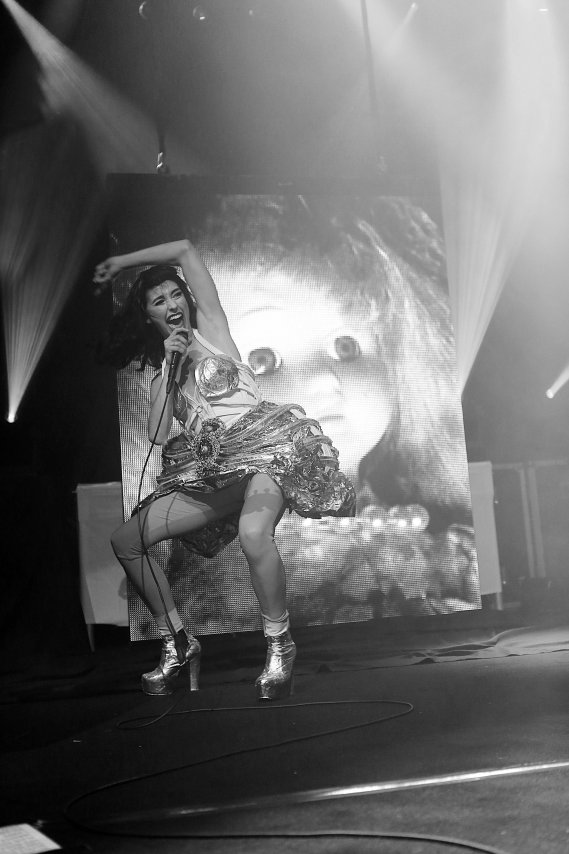
-
Q2A1828
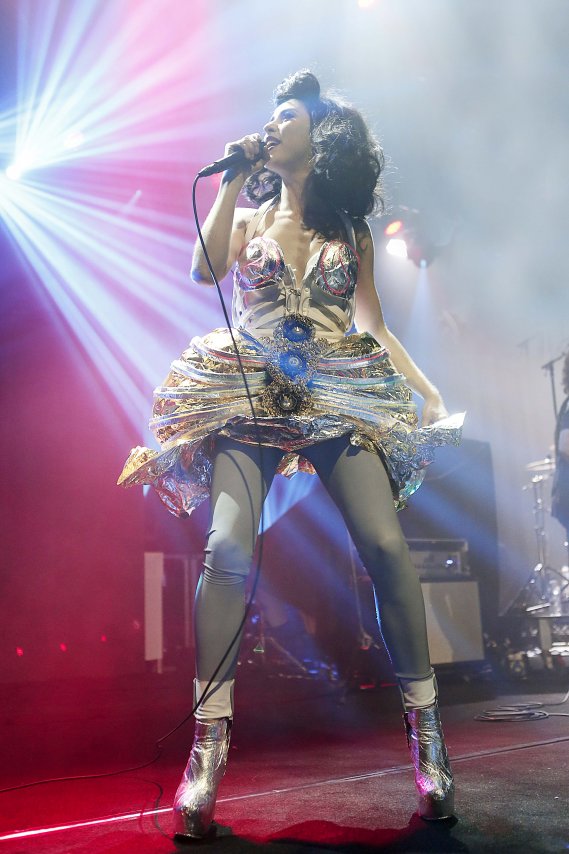
-
Q2A1829
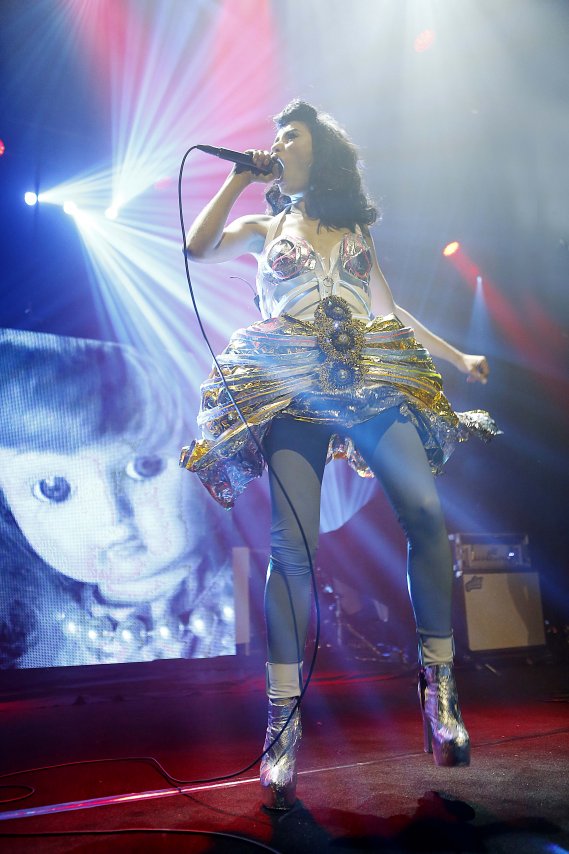
-
Q2A1830
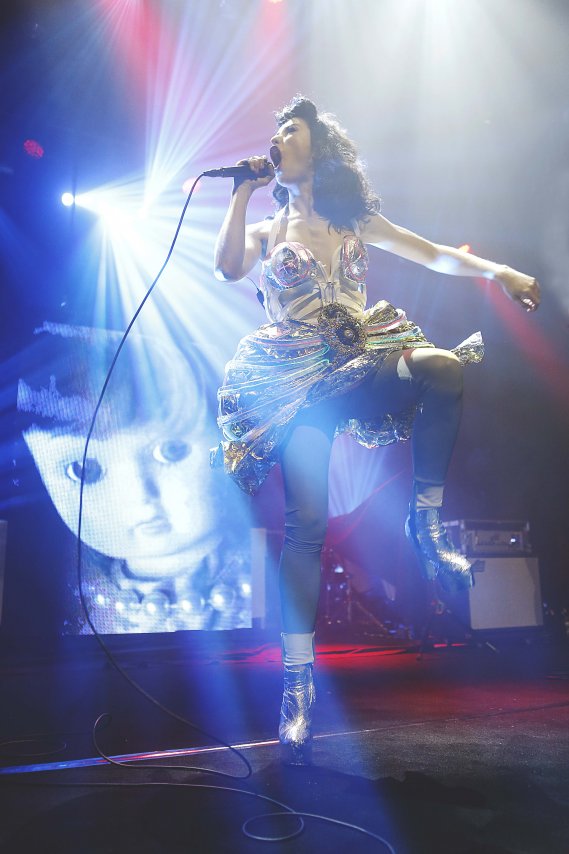
-
Q2A1838
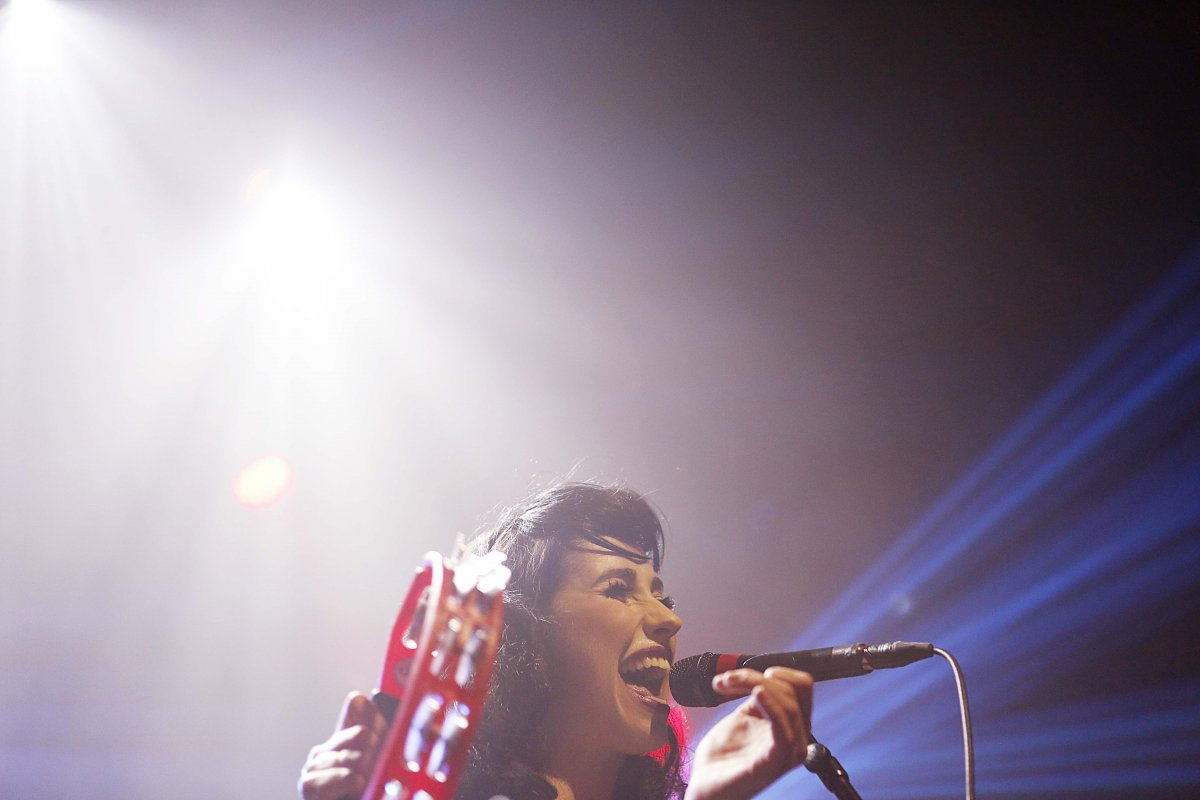
-
Q2A1853
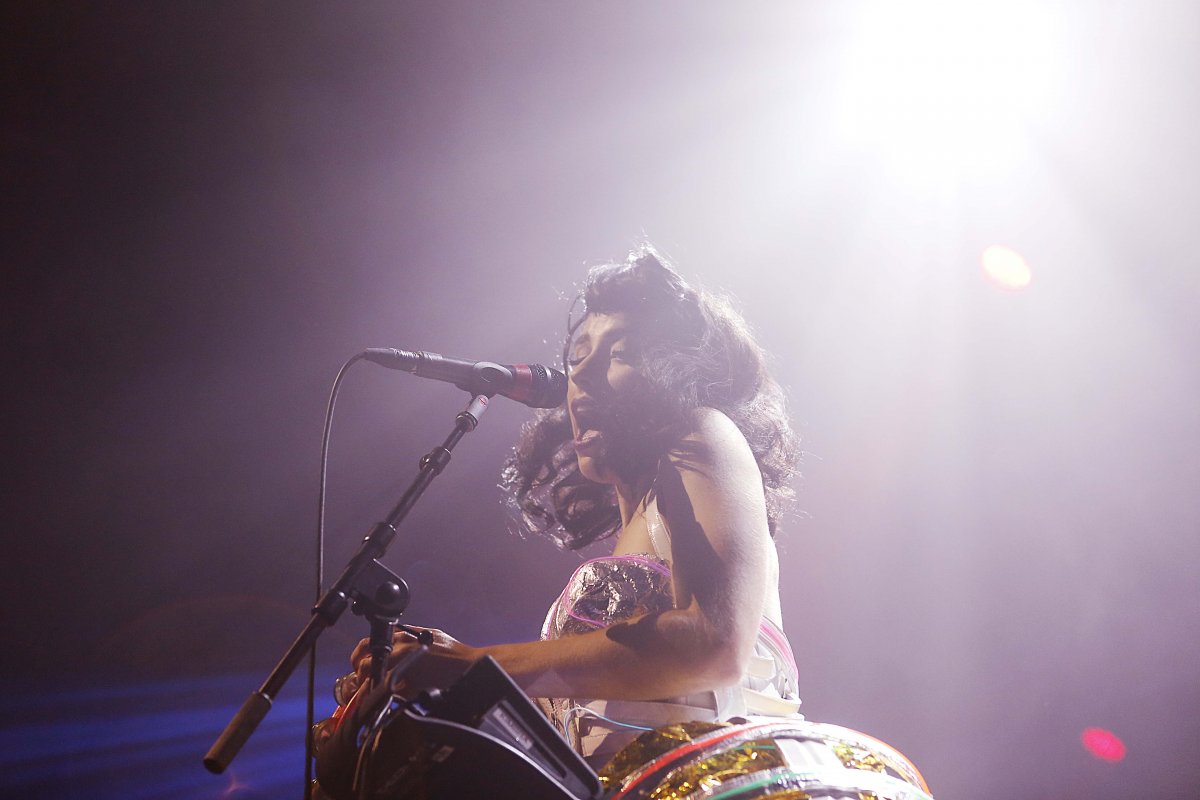
-
Q2A1870
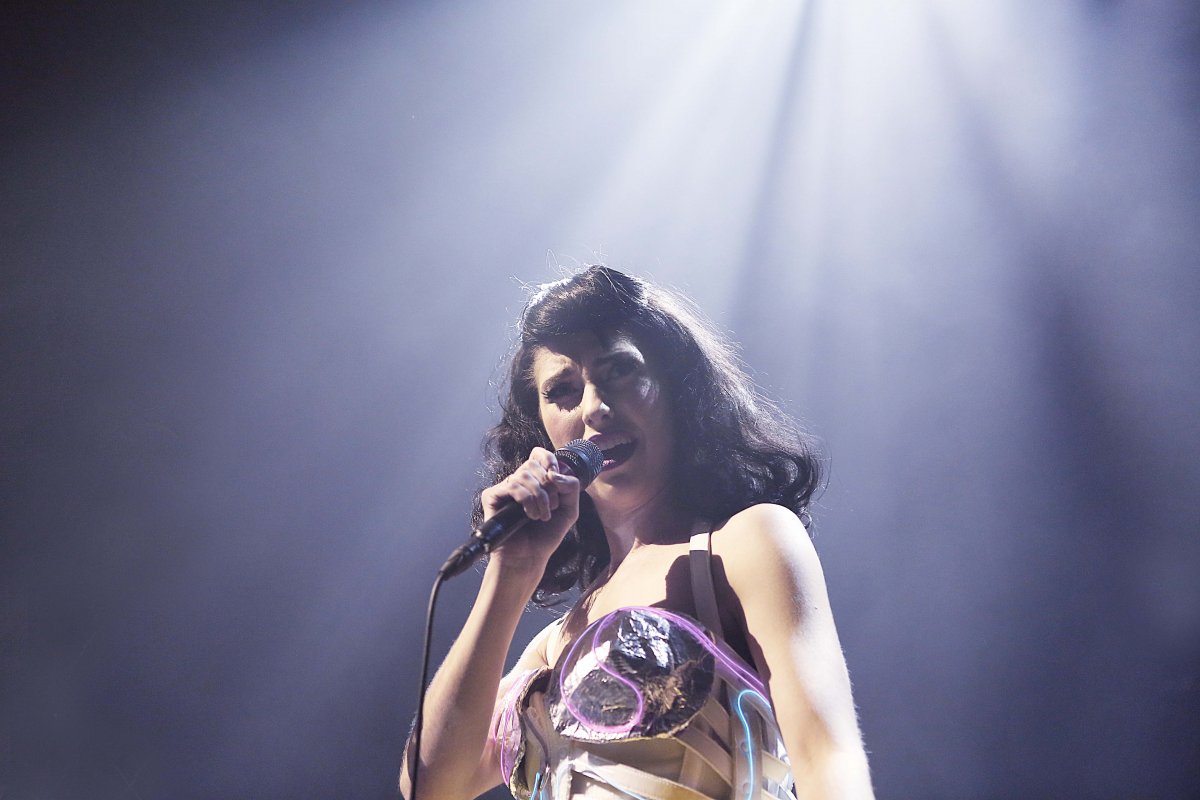
-
Q2A1898
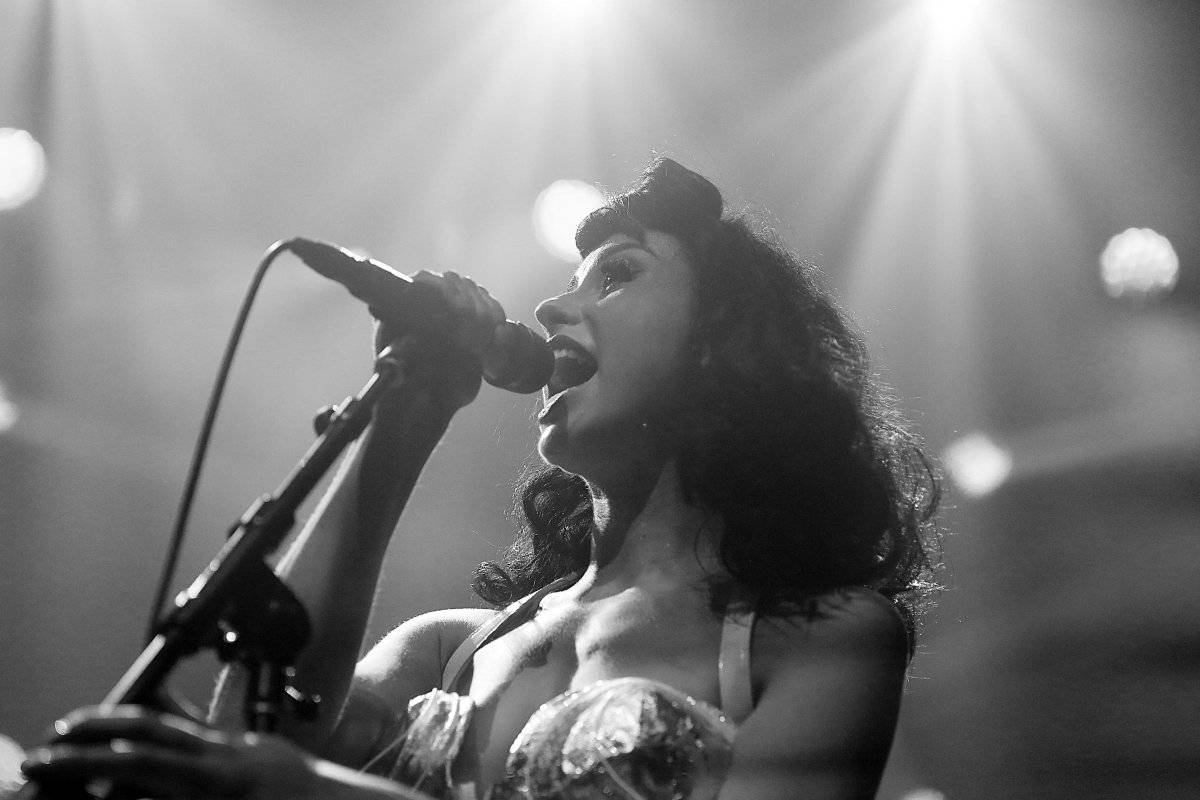
-
Q2A1912
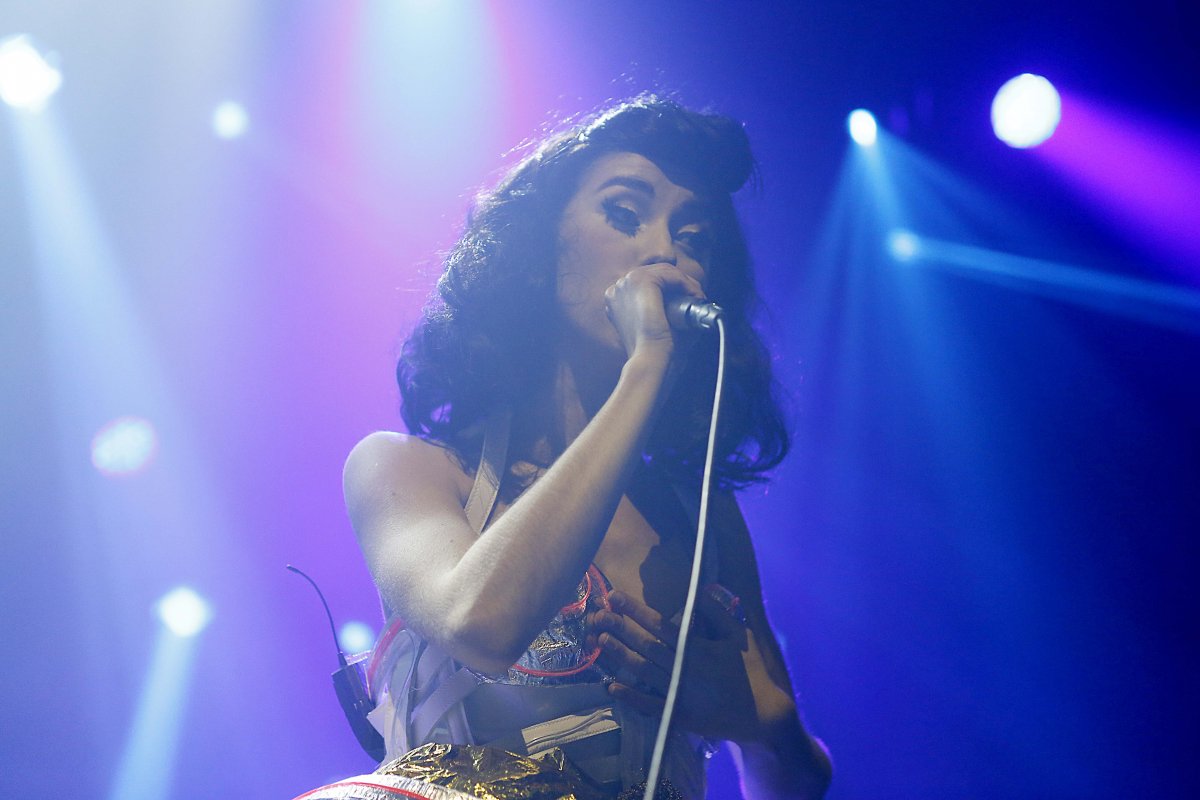
-
Q2A1948
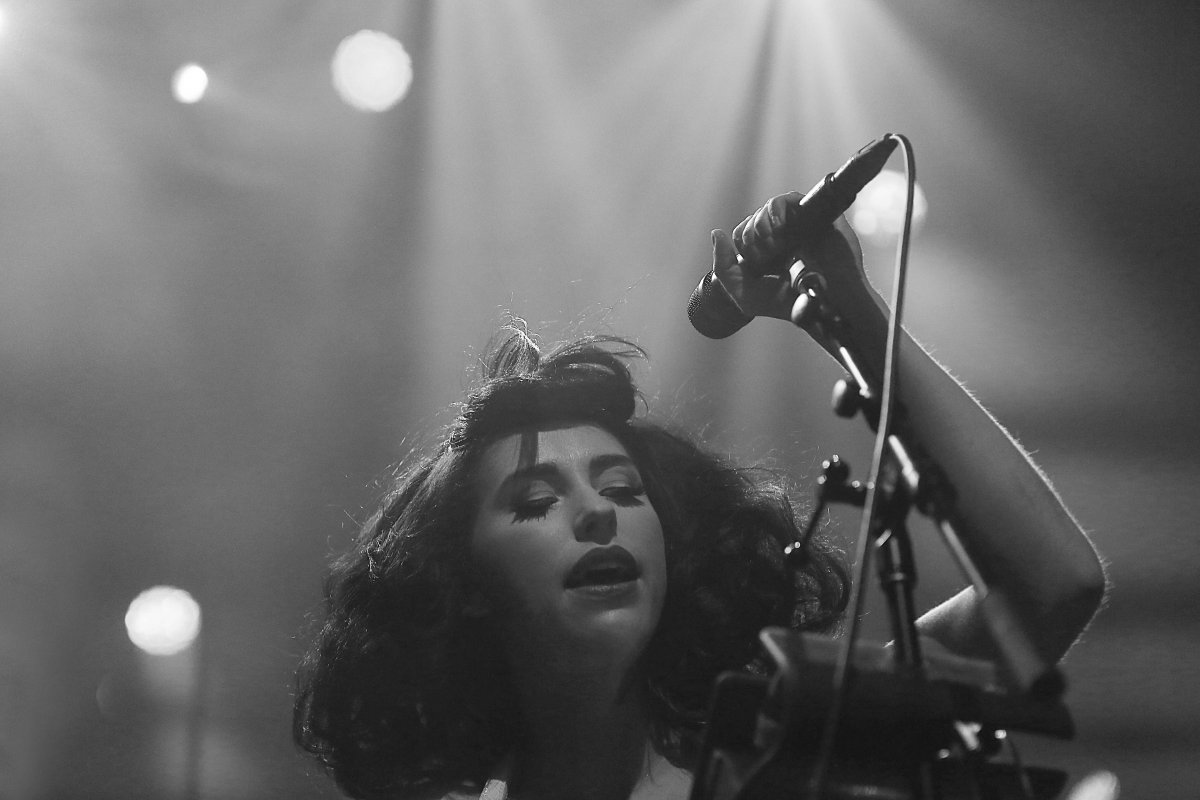
-
Q2A1952
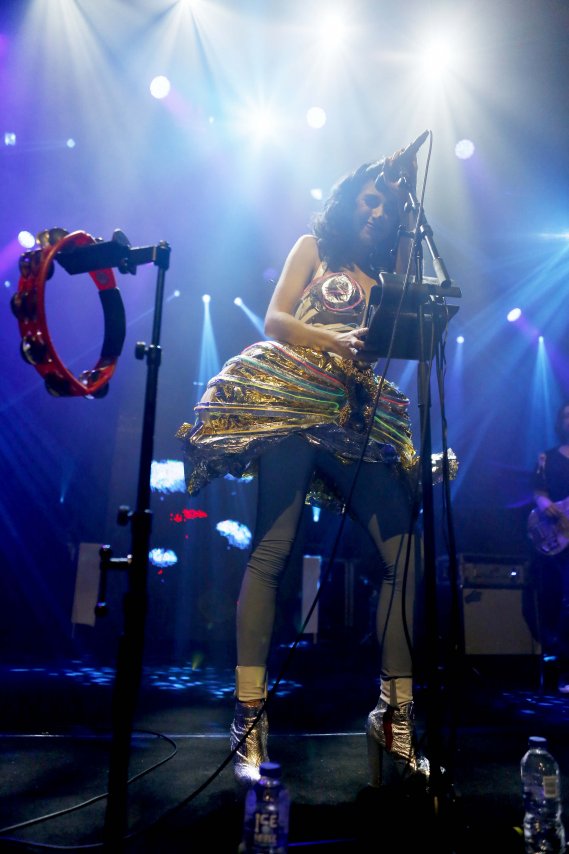
-
Q2A1962
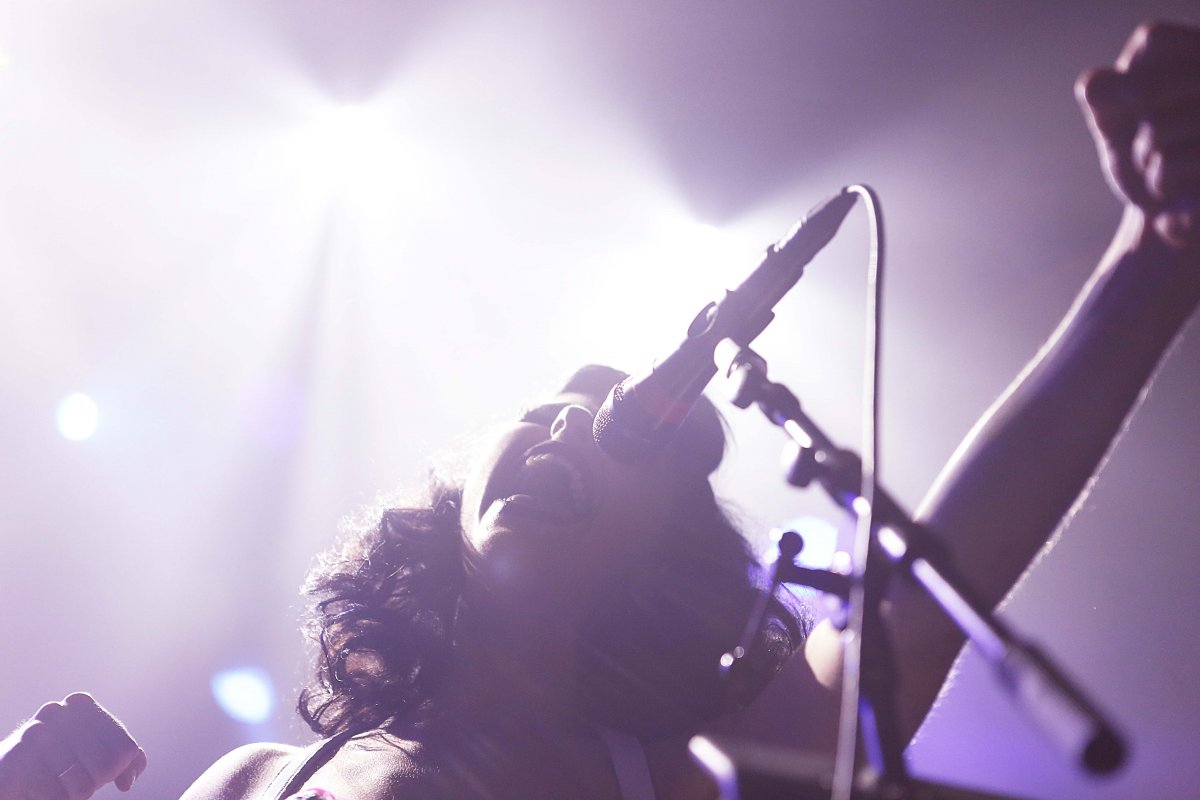
-
Q2A1965
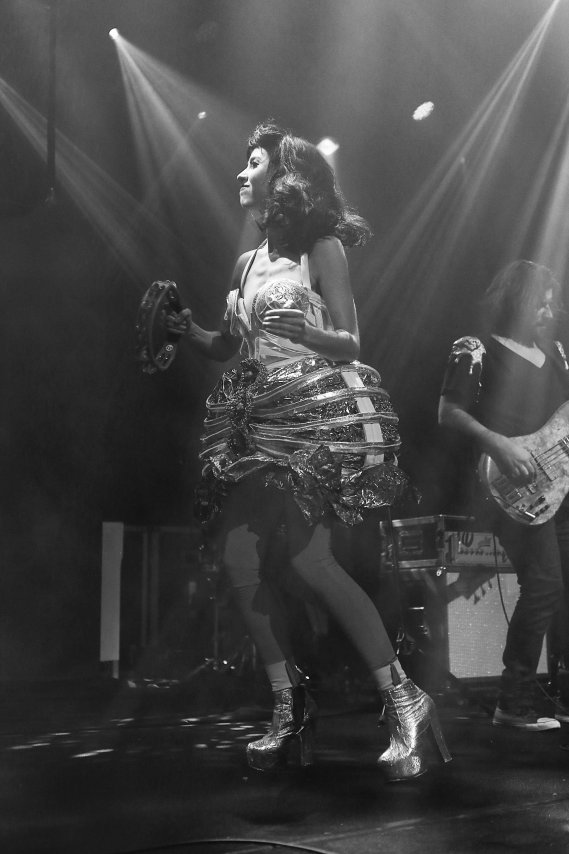
-
Q2A1967
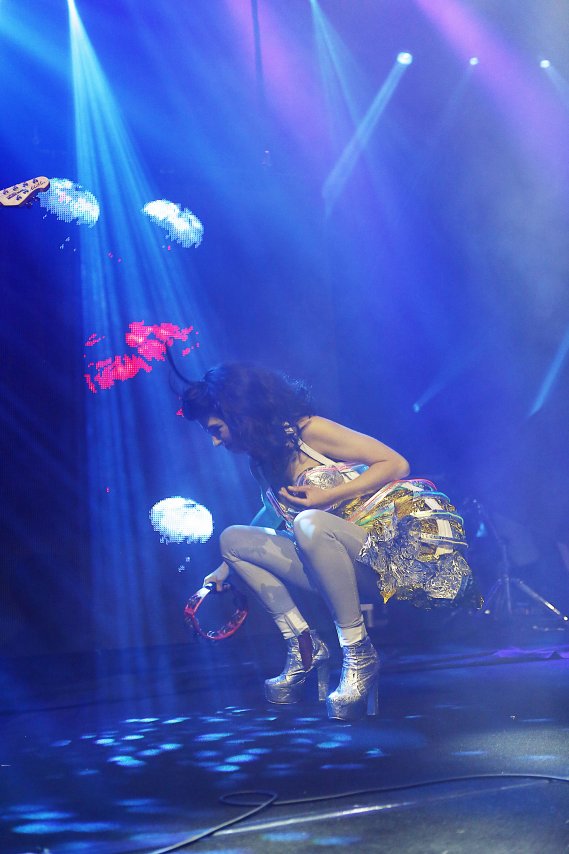
-
Q2A1974
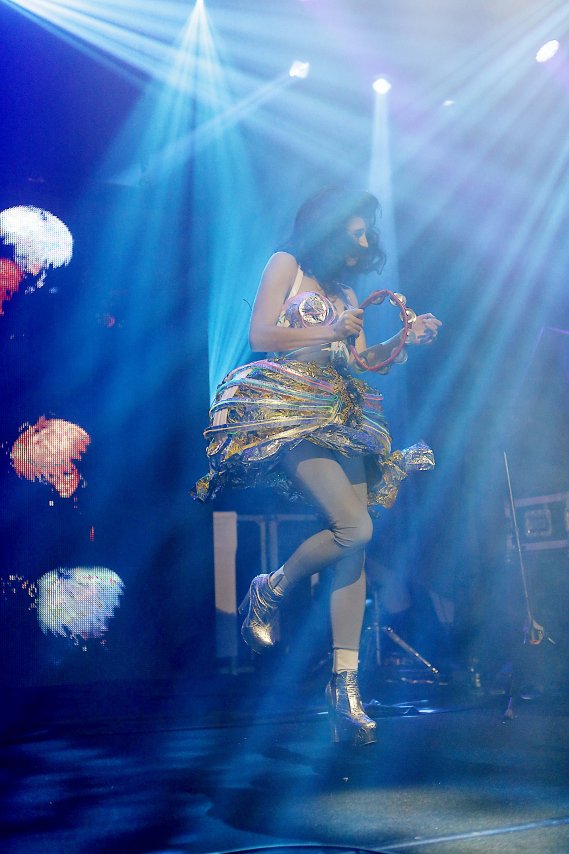
-
Q2A1991
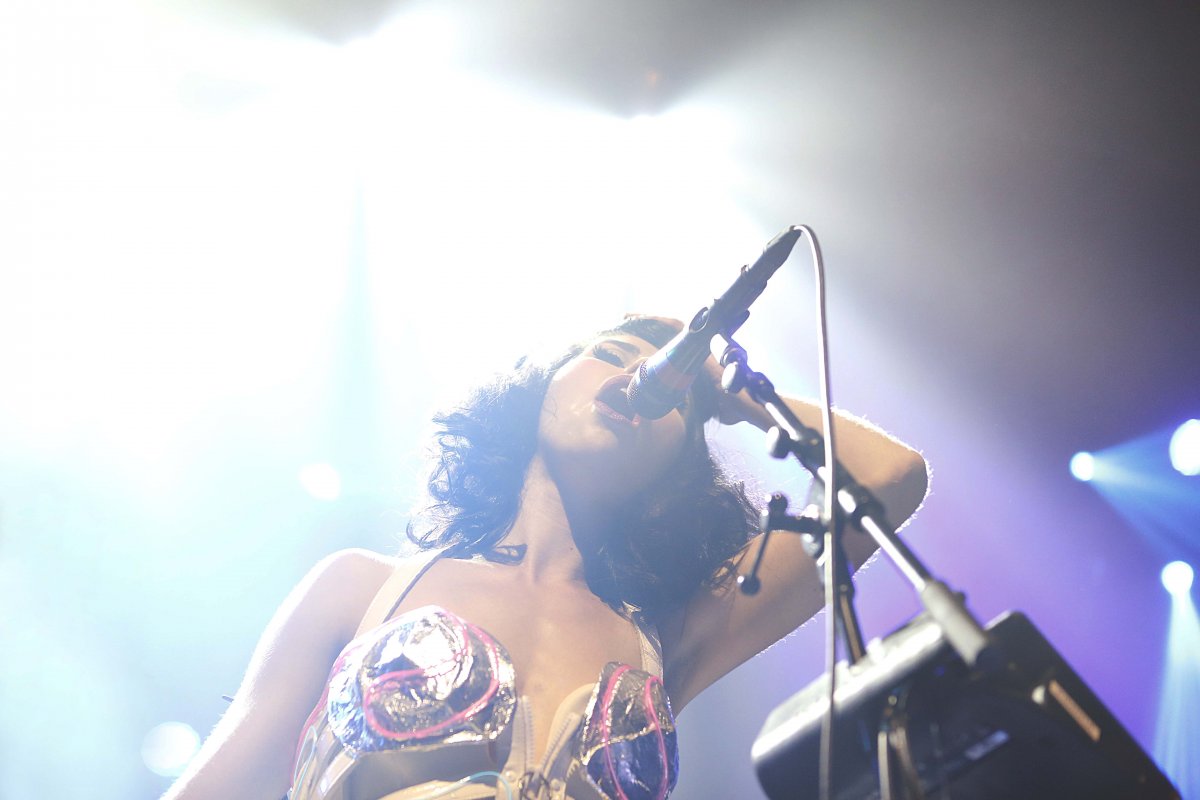
-
8885b40930e956e75ed4a6c04fb476ff
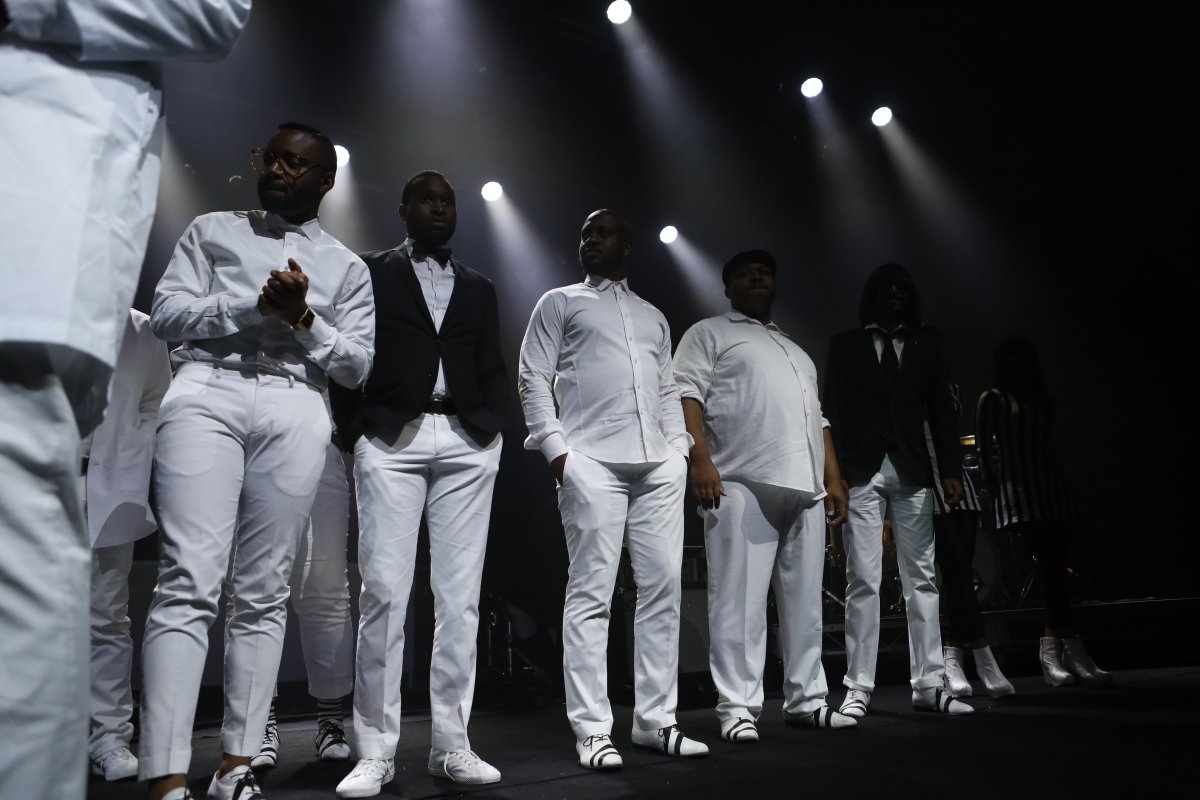
-
6425c8cbdf55189ffb0b49cc7c08742c
